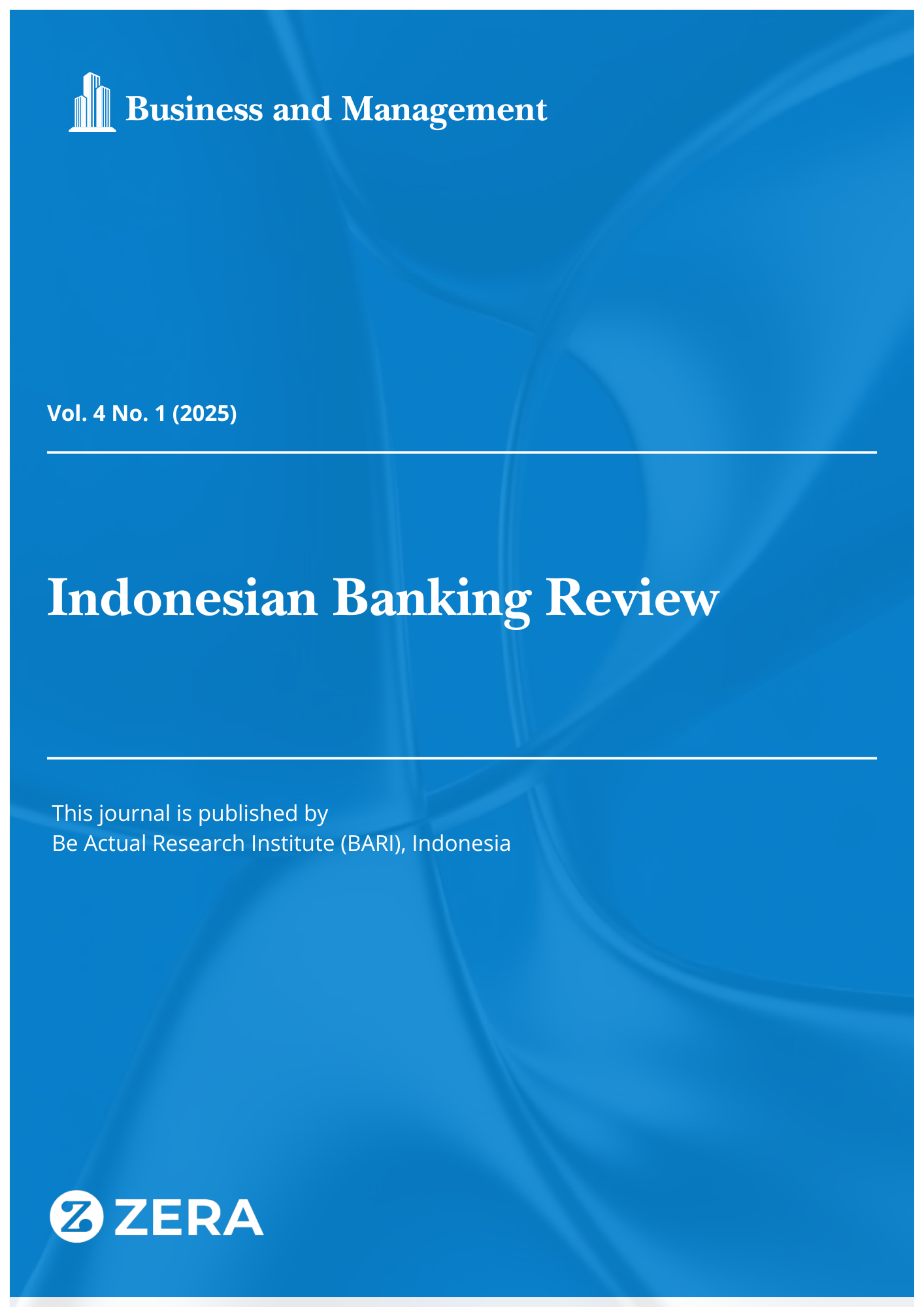Keywords:
Banking, ESG, Financial Inclusion, Sustainable Development Goals, Sustainable FinanceAbstract
Banking plays a crucial and strategic role in promoting both economic and social development by mobilizing and allocating funds for various purposes, including business capital, investment, and consumption. The relevance of banking to the achievement of the Sustainable Development Goals (SDGs) continues to grow, particularly with the increasing adoption of sustainable finance practices that emphasize environmental, social, and governance (ESG) aspects. Banks can contribute significantly to SDGs through multiple approaches, such as financing sustainable projects, developing innovative financial products, promoting financial inclusion, and implementing responsible banking principles that prioritize societal welfare. Furthermore, strategies focusing on Micro, Small, and Medium Enterprises (MSMEs), productive low-income communities, and the enhancement of digital ecosystems serve as essential pillars to support equitable wealth distribution. By prioritizing financial literacy, technological innovation, and multi-stakeholder collaboration, banks are capable of generating tangible positive impacts on national development while simultaneously creating added value for their business operations. This study aims to analyze the strategic role of banking in supporting SDGs through a comprehensive literature review approach.


